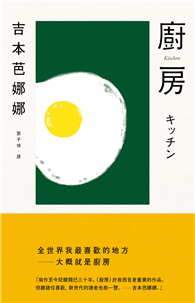Rome's first emperor, Augustus, the adopted son of Julius Caesar, has probably had the most lasting effect on history of all rulers of the classical world. This book focuses on his rise to power and on the ways in which he then maintained authority throughout his reign. It is often assumed that the close relationship between power and presentation, popularly known as 'spin', is a modern phenomenon. Augustus, however, emerges as consummate master of the political process, using propaganda to fashion his own historical legacy. Clark examines the importance of his chief political advisor Maecenas, the patron of Horace and Virgil; and of his military commander Agrippa. He also considers the contrasting fates of the main poets of Augustus' reign, Virgil and Ovid, and the public monuments that - as much as poetry -- served to shape his reputation.
| FindBook |
有 1 項符合
Augustus, First Roman Emperor: Power, Propaganda and The Politics of Survival的圖書 |
 |
Augustus, First Roman Emperor: Power, Propaganda and The Politics of Survival 作者:Clark 出版社:Liverpool University Press 出版日期:2010-09-17 語言:英文 規格:平裝 / 160頁 / 21.3 x 13.5 x 1.5 cm / 普通級 |
| 圖書館借閱 |
| 國家圖書館 | 全國圖書書目資訊網 | 國立公共資訊圖書館 | 電子書服務平台 | MetaCat 跨館整合查詢 |
| 臺北市立圖書館 | 新北市立圖書館 | 基隆市公共圖書館 | 桃園市立圖書館 | 新竹縣公共圖書館 |
| 苗栗縣立圖書館 | 臺中市立圖書館 | 彰化縣公共圖書館 | 南投縣文化局 | 雲林縣公共圖書館 |
| 嘉義縣圖書館 | 臺南市立圖書館 | 高雄市立圖書館 | 屏東縣公共圖書館 | 宜蘭縣公共圖書館 |
| 花蓮縣文化局 | 臺東縣文化處 |
|
|
圖書介紹 - 資料來源:博客來 評分:
圖書名稱:Augustus, First Roman Emperor: Power, Propaganda and The Politics of Survival
內容簡介
|











